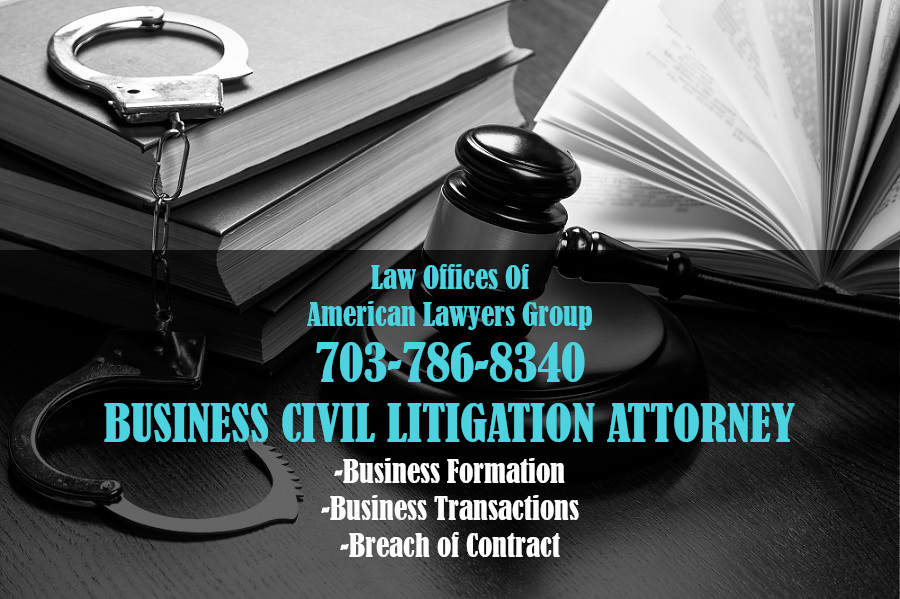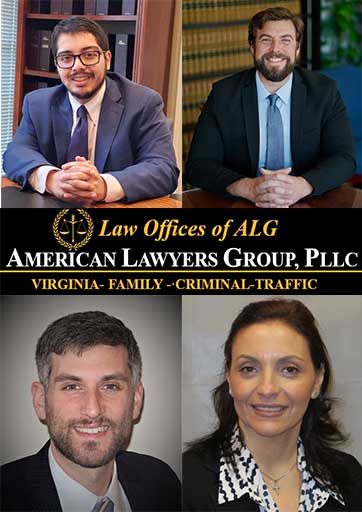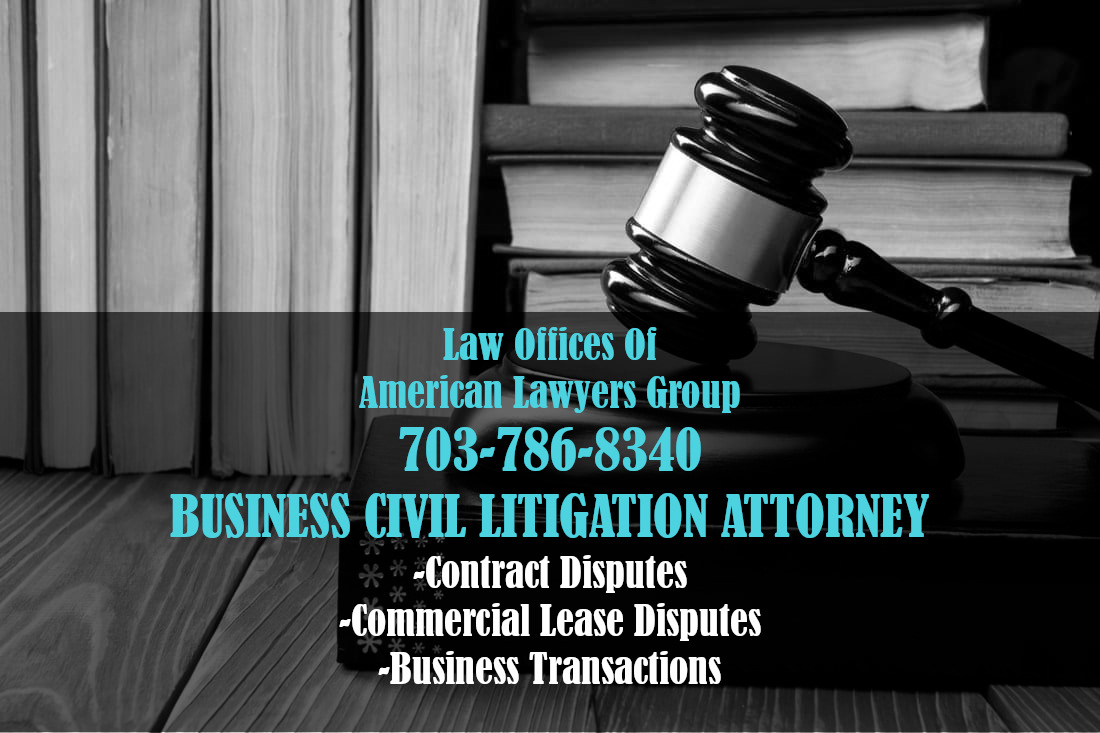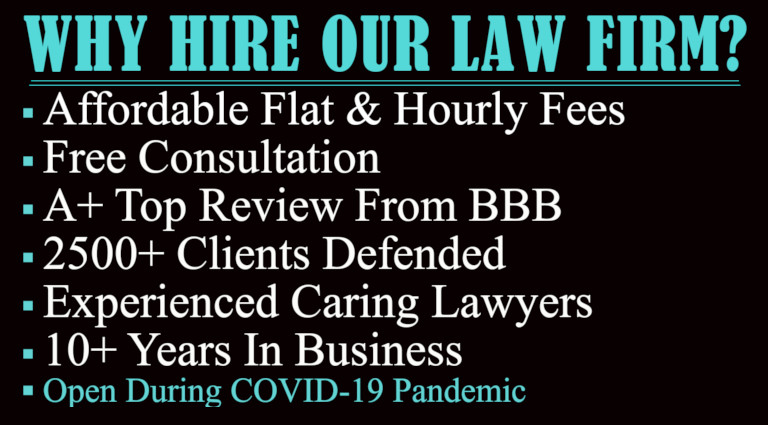Fairfax Civil Litigation Attorney
Civil litigation covers a broad range of topics from contracts and non-compete agreements to torts and defamation. Essentially, civil litigation is all the areas of law that are not criminal law.
The areas of law covered by civil law are usually between individuals, but there can be many people on either side of a civil case.
Civil cases lack the same stakes as criminal charges. Winning a case can see you awarded damages or some other appropriate remedy to fix how you were wronged.
Experienced Low-Cost Fairfax Civil Litigation Attorney

Call Now – FREE Consultation
Se Habla Espanol
Losing a case can cost a great amount of money in fees, damages, and other expenses. You need seasoned attorneys to help you win your civil cases, and you need those same attorneys to help you minimize the costs of losing a civil case.
You can get these seasoned and experienced Fairfax Civil Litigation Attorney at American Lawyers Group.
read important information related to Fairfax civil litigation attorney below:
Civil Law Standard
Beyond a reasonable doubt. Everyone has heard of this standard of review from the countless crime dramas and legal dramas in film and TV. 59.1-507.1
However, the reasonable doubt standard is only applied to criminal cases. Civil cases use the “preponderance of the evidence” standard.
This standard essentially means that what the plaintiff asserts is more likely to be true than not based on the evidence and arguments provided by both sides.

Contract Law
One area of law that frequently appears in civil litigation is contract law. Contract law is the combination of common law and statutory law that revolves around the legally binding agreements between parties.
Contracts cover all sorts of deals that we see in our everyday lives. Buying a cup of coffee is an example of a contract being executed. Buying a car, hiring employees, and more are all covered under contract law.
A contract, in its most basic form, is an offer, acceptance of that offer, and a legally enforceable promise from the parties involved. In contract law cases, the issue will often be a breach of contract claim.
Breach of contract is when one party to a contract fails to uphold his or her end of the bargain.

To argue a breach of contract claim as a plaintiff, you must first prove by the preponderance of the evidence that there was a contract.
This is more easily done with a written contract, but it can be proved that there was a verbal contract depending on the evidence and the testimony of the witnesses.
Once you prove there was a contract, you have to prove that the other party did breach based on the terms of the contract.
If you are defending against a breach of contract claim, you may be able to argue that there was never a contract for lack of some basic elements of a contract other defenses such as a mutual mistake.
If you cannot effectively argue that there was no contract, there are still other defenses you can raise.
These defenses include mutual misunderstanding or some other interpretation of the contract under which you did not breach. One defense is that the term of the contract is unconscionable.
Unconscionability can often be applied to non-compete agreements that are too broad in scope and time.
The court considers it unconscionable to completely stop someone from doing a job they know how to do just because his or her former employer also does that job.

If you have questions about non-compete agreements or contracts more generally, call the Fairfax Civil Litigation Attorney at American Lawyers Group.
Tort Law
Tort law is also a very broad area of law. Torts cover all sorts of actions ranging from property damage and trespass to assault, battery, and negligence.
The battery is the intentional, harmful, and physical contact with another. Assault is the intentional creation of an apprehension of an imminent battery. Obviously, these topics are more complicated than that.
If you have questions about assault and battery in a civil litigation context, call the attorneys at American Lawyers Group.
Many different actions that affect property can be torts that allow you to sue the wrongdoer also known as a tortfeasor. These actions include trespass to property, breaking or damaging property, and taking of property by another.
If you have questions about what actions related to property can be torts, call the Fairfax Civil Litigation Attorney at American lawyers Group.
Why Should You Hire An Experienced Fairfax Civil Litigation Attorney?
Civil litigation is a very broad area of law. It covers all kinds of non-criminal law, such as contract law and tort law.
If you are looking to sue in a civil case or are being sued in a civil case, you need the experience and skills of the Fairfax Civil Litigation Attorney at American Lawyers Group.
Experienced Low-Cost Fairfax Civil Litigation Attorney

Call Now – FREE Consultation
Se Habla Espanol

